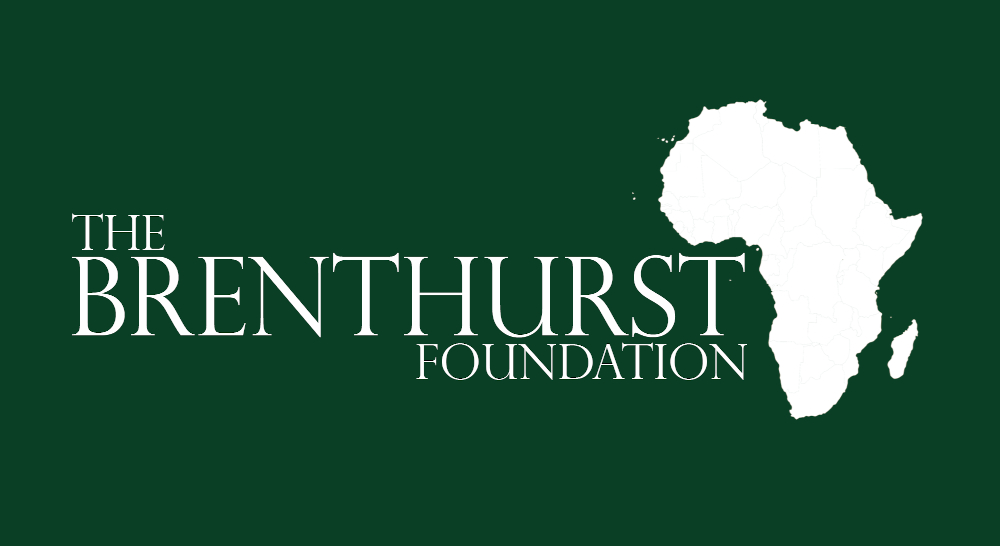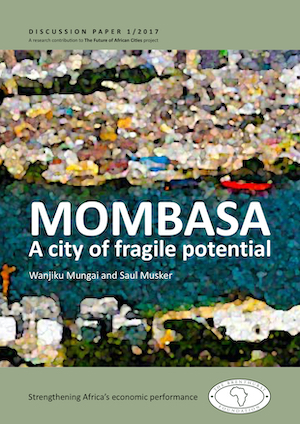Publications
Mombasa - a city of fragile potential
Mombasa has played a crucial role in the history of Kenya for centuries, and the future of Kenya’s Coast Province undoubtedly hinges on its fate. Today, the city faces a range of imposing challenges, some of them similar to those encountered by many mid-sized, fast-growing African cities – for example, an infrastructure system that is insufficient to meet the demands of a burgeoning population, an unskilled and uneducated workforce and high levels of youth unemployment – and others, like the threat of local extremist groups and drug-related violence, which are unique to its context. Compounding all of these challenges are the ever-present social tensions which threaten to destabilise the city and disrupt its development agenda, including divisions between the Black African community and the wealthier Asian and Arab communities; between Christians, Muslims and indigenous traditions; between people of inland origin (known as wa bara in Kiswahili) and those of the coast; and, interacting with and transcending all of these, between the rich and the poor. Nevertheless, while Mombasa’s worries are profound, they are not insurmountable. Indeed, the city has the potential to drive Kenya’s economic growth and to cement itself as a haven of stability.
This discussion paper analyses the key obstacles that Mombasa must overcome to do so, and suggests a pragmatic way forward for local leaders.
About the Authors
Wanjiku Mungai and Saul Musker are Machel Mandela Fellows at The Brenthurst Foundation. A recent graduate of Harvard University, Mungai is a writer and filmmaker based in Nairobi, Kenya. Musker is a 2017 recipient of the Rhodes Scholarship and will read for a Masters in Global Governance and Diplomacy at Oxford.




